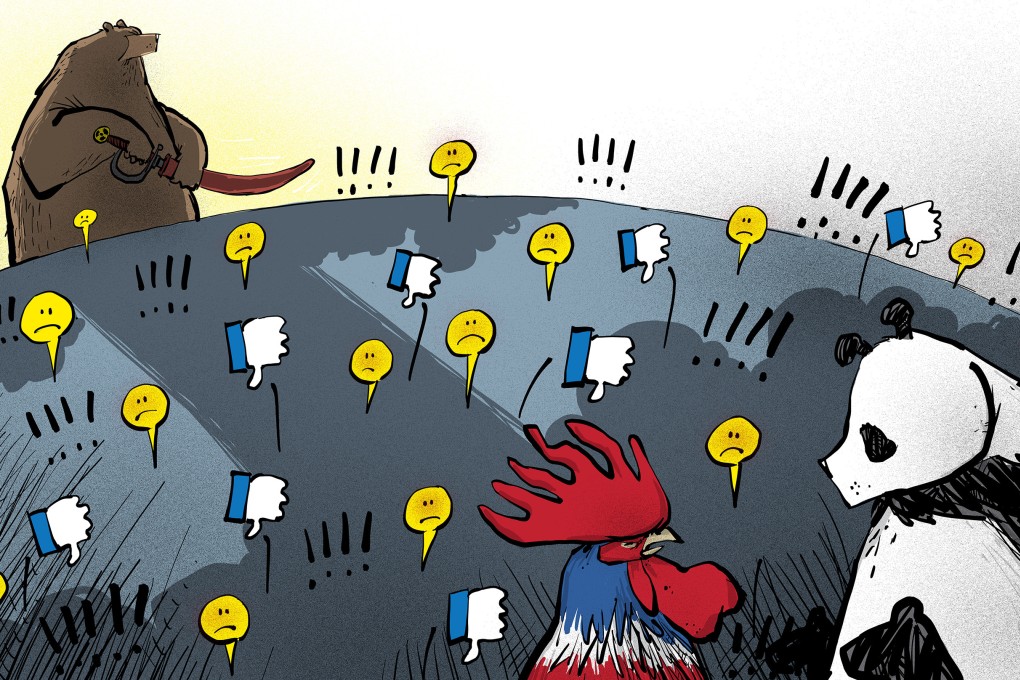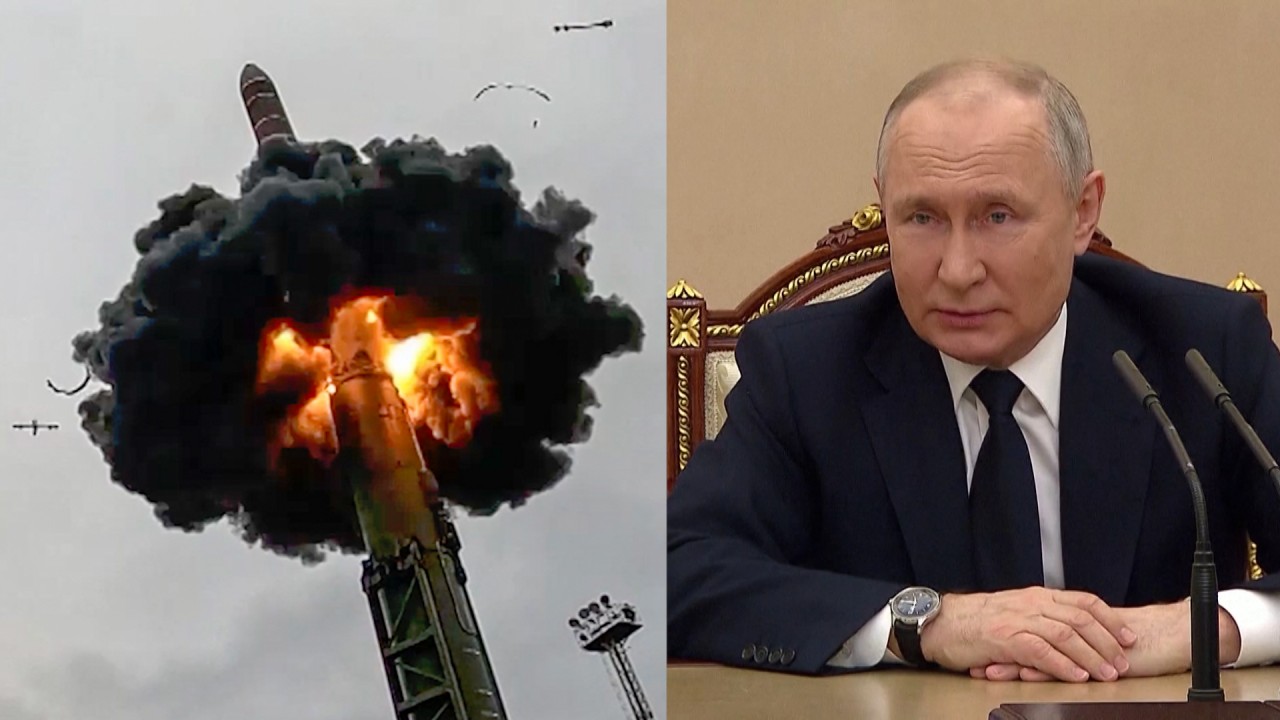Advertisement
Opinion | As Russia rattles the nuclear sabre again, is there a path forward for global security?
- Russia’s decision to station tactical nuclear weapons in Belarus raises proliferation concerns, highlights geopolitical discord and underlines the urgency of achieving an ethical consensus on the use of weapons of mass destruction
Reading Time:3 minutes
Why you can trust SCMP
2

As the intractable war in Ukraine, initiated by Russian President Vladimir Putin on February 24 last year, reaches the 400-day mark, Moscow has visibly upped the ante by announcing it will station tactical nuclear weapons in Belarus. Putin said the trigger for the move was the UK’s decision to provide Ukraine with ammunition containing depleted uranium, although the latter cannot be compared to tactical nuclear weapons.
Advertisement
This is not the first time Russia has rattled its formidable nuclear sabre. Putin ordered the military to put Russia’s nuclear deterrence forces on high alert just days after the war began. And last September, Moscow’s assertive nuclear signalling in the face of military setbacks was deemed to be a case of amber lights flashing.
US President Joe Biden gravely observed on October 6, “For the first time since the Cuban missile crisis, we have a direct threat of the use of a nuclear weapon – if in fact things continue down the path they are going.” He added: “I don’t think there’s any such thing as the ability to easily use a tactical nuclear weapon and not end up with Armageddon.”
After Russia’s announcement of its plan to station nuclear weapons in Belarus, the US sought to assuage global concerns, with a senior official saying there were no signs Moscow planned to use its nuclear weapons. However, the reaction in Europe has been one of anger and dismay. Ukraine has sought an emergency session of the UN Security Council to “counter the Kremlin’s nuclear blackmail” and has also accused Russia of holding Belarus as a “nuclear hostage”.
Based on past experience, the Security Council is unlikely to take any meaningful steps because Russia is a permanent member and can count on the support of China to blunt any attempt to censure it by the United States, France and the UK – the other permanent members of the global body.
Advertisement
Three aspects of Putin’s decision to move tactical nuclear weapons to Belarus merit review. The first is the commitment to nuclear non-proliferation, as spelled out in the global treaty on the issue; the second is the geopolitical implications of the prevailing strategic orientation of the major powers; and, the third concerns the ethics of invoking nuclear weapons and depleted uranium.

Advertisement

